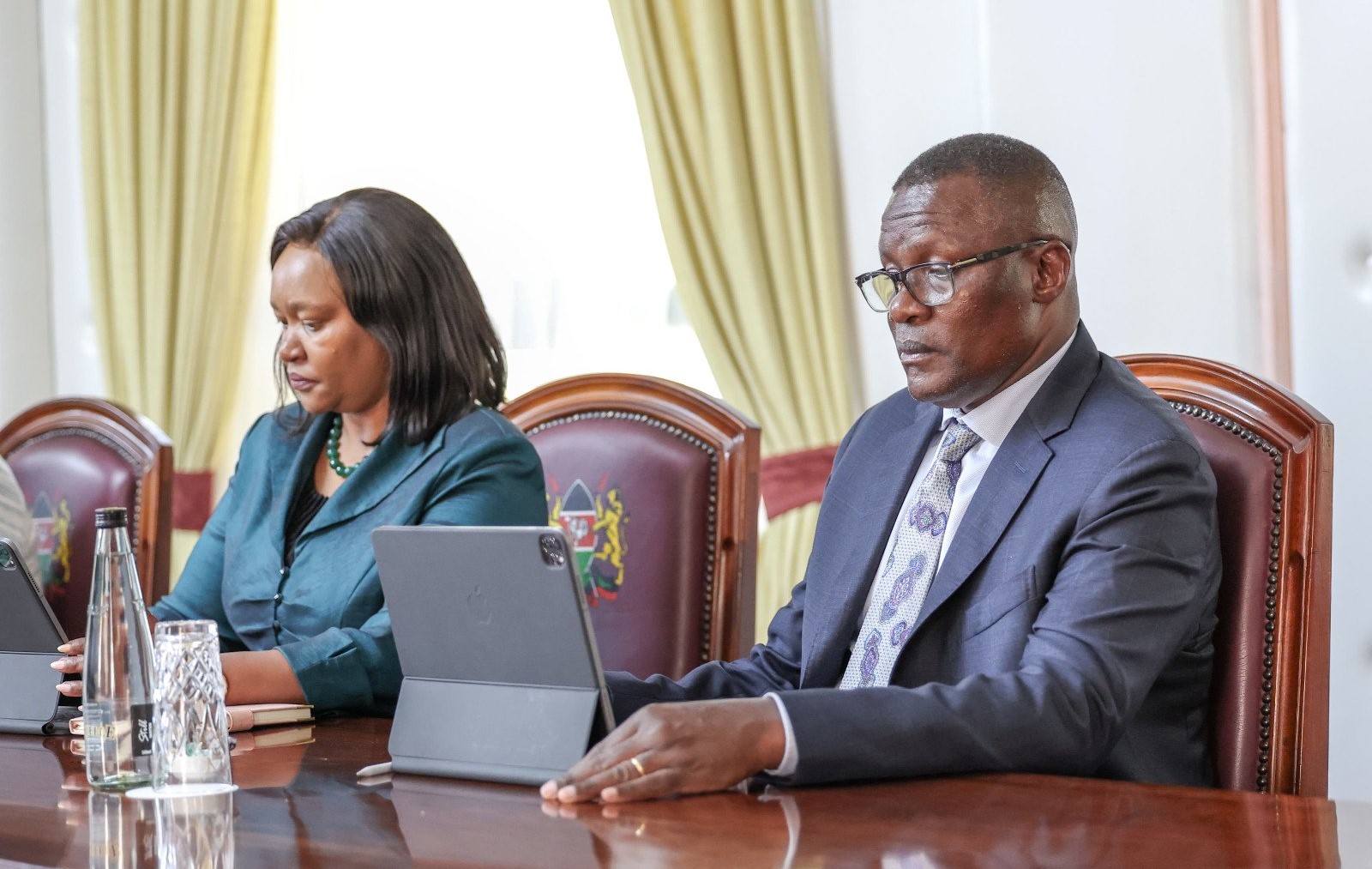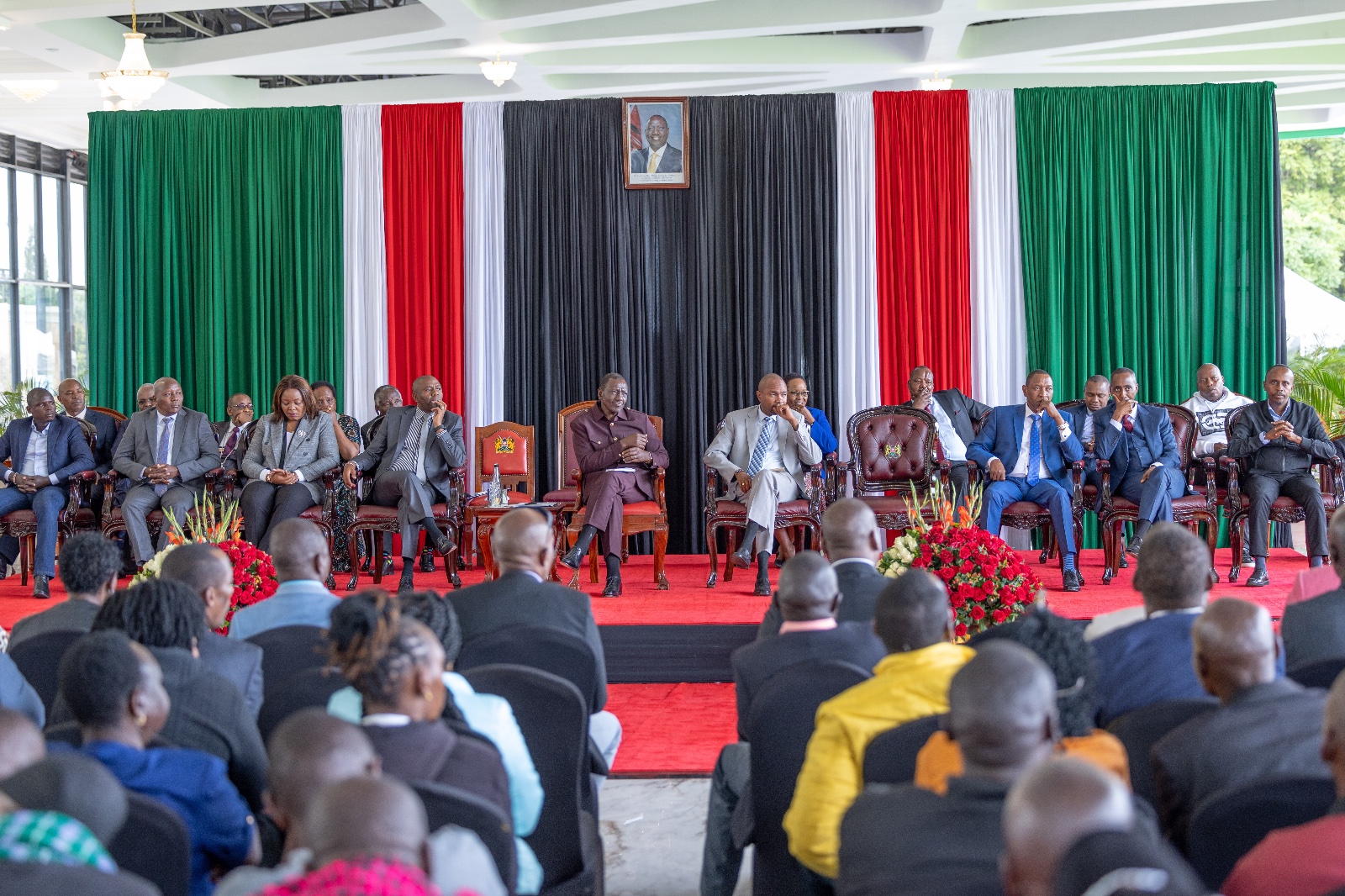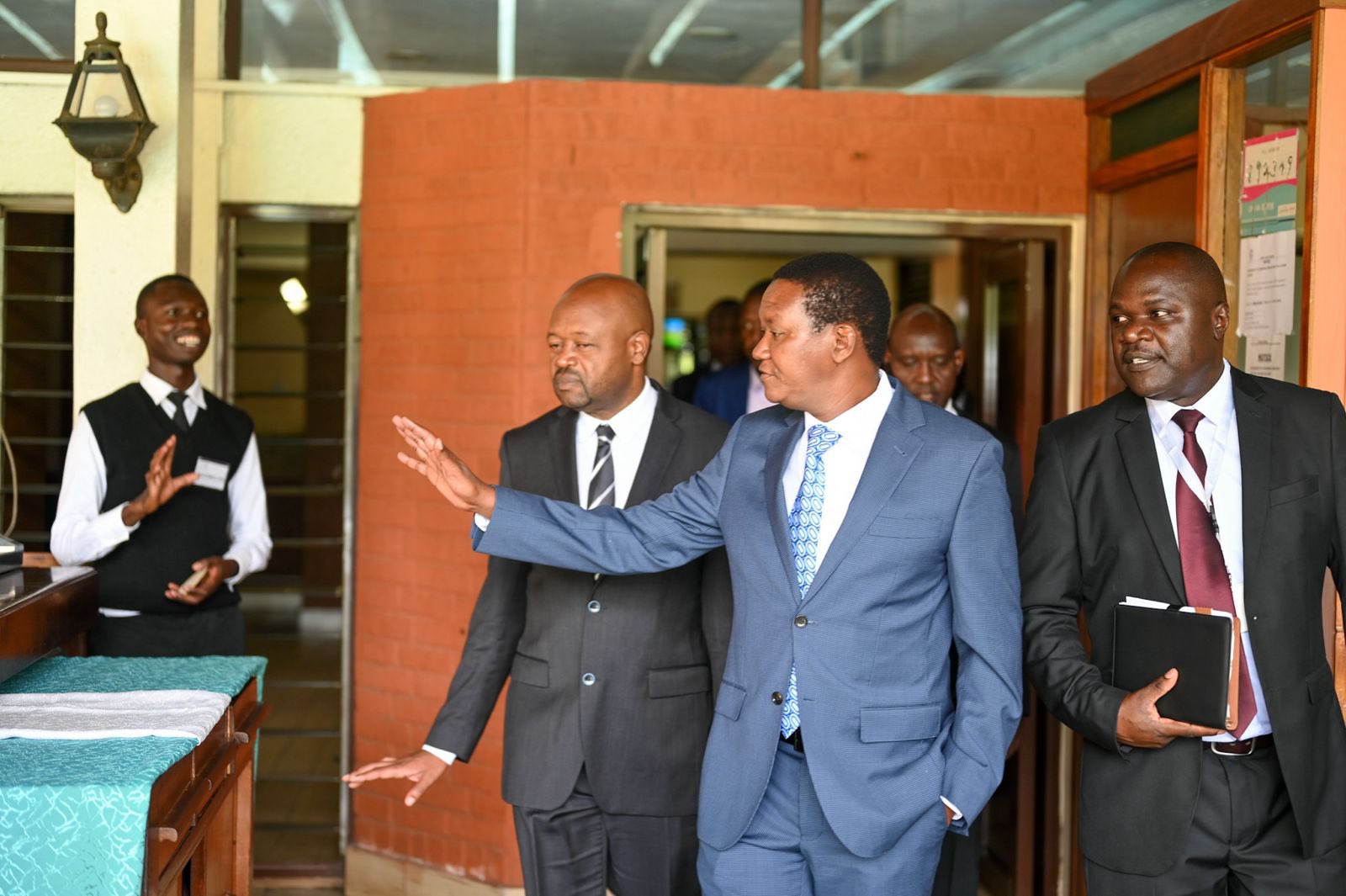
President Ruto’s government is embarking on a transformative journey with the Digital Superhighway Project in a bid to catalyze Kenya’s technological evolution. This project, recently approved by the Cabinet, is set to revamp the nation’s digital landscape, ushering in a new era of opportunities, job creation, and reduced communication costs.
The cornerstone of this initiative is an extensive expansion of Kenya’s fiber optic network, which will entail the installation of 100,000 kilometers (62,000 miles) of fiber optic cables. This ambitious infrastructure overhaul will result in the establishment of 25,000 public Wi-Fi hotspots throughout the country, ensuring that even remote regions gain access to the digital age. Moreover, Digital Village Smart Hubs will be introduced in all of Kenya’s 1,450 wards, effectively democratizing digital resources.
The second critical aspect of the Digital Superhighway Project is the enhancement of e-Government services. President Ruto spearheaded the digitization of over 5,000 government services within a remarkably short span of six months, a task that has been successfully accomplished. These services spanned a range of thematic channels, including business process automation, digitization of manual records, data sharing improvements, and the implementation of a single unique identifier for streamlined access to digital services.
President Ruto’s vision is to see Kenya evolve into a tech-savvy nation with expanded opportunities for citizens, job creation on a massive scale, and affordable digital access, reinforcing the country’s status as a continental leader in information and communication technology. With the Digital Superhighway Project, Kenya is forging a path to prosperity in the digital age, inviting both domestic and international stakeholders to contribute to this exciting journey of progress.






